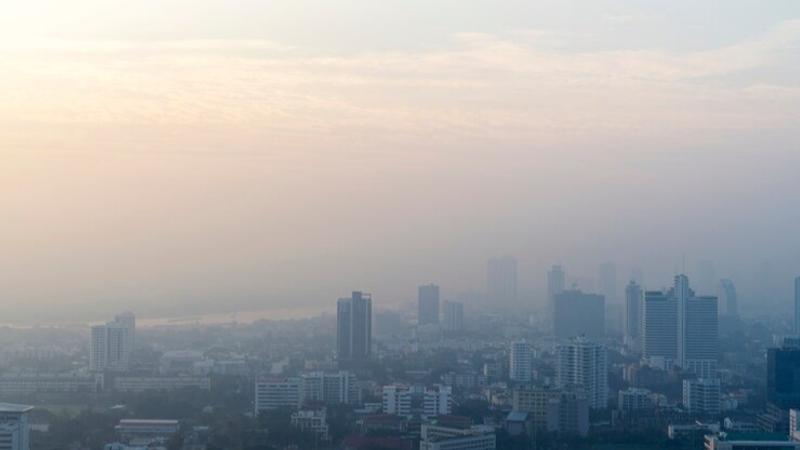Published 16:45 IST, November 19th 2024
Delhi's AQI Threat: Tips To Protect Your Skin From Air Pollutants
Winter has surely brought more than chill in its air to Delhi, The rising levels of pollutions pose a major threat to your skin's health.

Delhi's air quality index (AQI) spiked to 494 on Tuesday, meanwhile, the Central Pollution of Control Board (CPCB) data revealed that majority of Delhi's air monitoring stations recorded AQI of 500.
As per CPCB, AQI ranging between 0 and 50 is good, anything between 51-100 is satisfactory, 101-200 moderate, 201 and 300 poor. Currently, Delhi's AQI hovers around the 500 level, making the air residents of India's national capital breathe a threat to their skin health.

Air pollution’s effect on skin:
The pollutants can make their way through your skin as a result of direct accumulation on its skin, possible absorption through hair follicles, breathing, ingestion, pollutants moving in the plasma. They are also capable of entering your skin through nanoparticles, and generate quinoes, that are redox-cycling chemicals which generate reactive oxygen species (ROS). The harmful extend of air pollution also causes oxidative stress.
“The pollutants can enter the skin through direct accumulation on the surface, absorption via hair follicles, inhalation, ingestion, and circulation of pollutants in plasma, which then diffuse into deeper dermal tissues. These pollutants penetrate the skin via nanoparticles and generate quinones, which are redox-cycling chemicals that produce reactive oxygen species (ROS). Air pollution can also cause oxidative stress,”

Tips to safeguard yourself from Delhi's air pollution
Mask protection: It is advisable to wear a mask and cover your mouth while going out and limit going out unless necessary. Regarding skin cancers, the pollutants that react most specifically with the skin are UV radiation, VOCs, heavy metals, and O3. UV radiation - a physical pollutant - is thought to be the primary factor responsible for most skin cancers in humans.
Skin cleanse: Cleansing the skin is a critical part of an anti-pollution skin regimen because airborne pollutants can bind to the skin and weaken the skin barrier, rendering it more susceptible to UV damage, dryness, wrinkles, and hyperpigmentation.
Wholesome diet: A diet rich in antioxidants helps combat the daily challenges the Dehi's rising air pollution levels bring about. Make sure to consume fruts, veggies, and leafy greens, and whole grains as part of your daily diet.
Updated 16:45 IST, November 19th 2024



